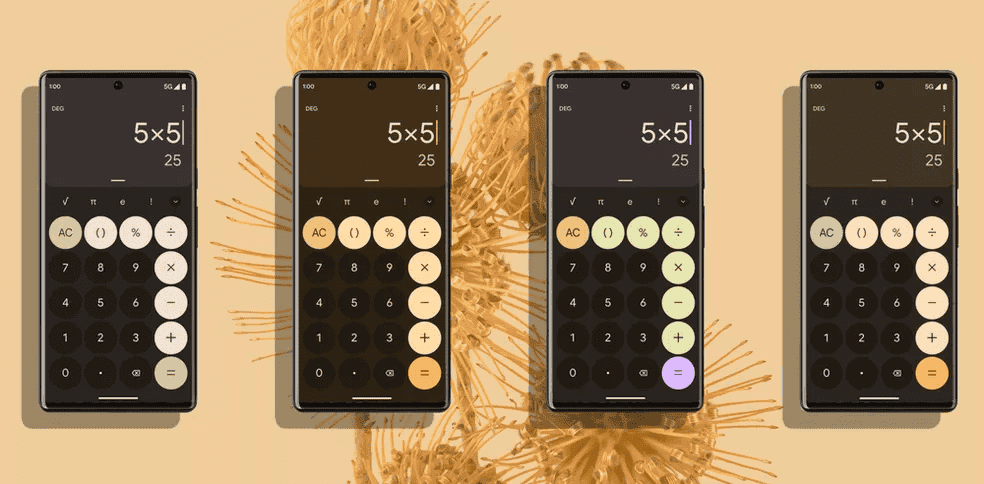Apparently, the constraints that affected Google with the development of new Android versions are gone. After the last year’s release of Android 12 happening in October, the company surprised everyone by launching Android 13 in August. The new OS comes as an update that basically refines the revolution that started with Android 12. As usual, the update is covering the Pixel smartphones, although the custom ROM community will soon flourish thanks to the availability of the Android 13 sources. Going back to the Pixel smartphones, it seems that updating to Android 13 is a decision that you’ll need to evaluate carefully. Apparently, once you update your Pixel 6, Pixel 6 Pro, or 6a to Android 13 it’s no longer possible to revert to Android 12.

Anti-rollback measures are present in some Android smartphones from third-party OEMs. However, this is a new thing for Google smartphones. The info is available on the Android 13 Factory Images for Pixel devices. However, there is no mention of older devices. Apparently, the new anti-rollback measure is only active on the Pixel 6 smartphones. The exact reason is unclear, but we can only assume it’s related to the Google Pixel Tensor chip. The Pixel 6 series is the first with Google’s in-house chipset, and we assume that it’s a measure to prevent future exploits. Worth noting, that this also marks a new policy for Pixel smartphones. The same may apply once Android 14 gets a stable release in the next year.
Gizchina News of the week
Make sure your “vital apps” are working with Android 13 before updating your Pixel 6, 6 Pro or 6a
Android 13 is a fresh update, and as with any new version, we may experience incompatibility with some applications. Therefore, some users will need to consider this fact before proceeding to update this Pixel 6 series to Android 13. Of course, the update may be smoother than the Android 11 to 12 transition. However, every new update brings a new API. So, make sure all apps that you consider vital for your everyday usage are working smoothly with Android 13.

The new Android 13 upgrades Material You. As we’ve said above, Android 13 establishes the revolution that came with Android 12. There are new enhanced “Now Playing” card visuals and more granular app permission controls. You can allow some apps to access just a specific item instead of enabling access to the entire internal storage. There is also a new option that allows you to set different languages for specific applications. Other features include Spatial Audio, Bluetooth LE Audio, and support for streaming sound to multiple devices at once. The Pixel 6 series, obviously, are the first to experience these changes.




